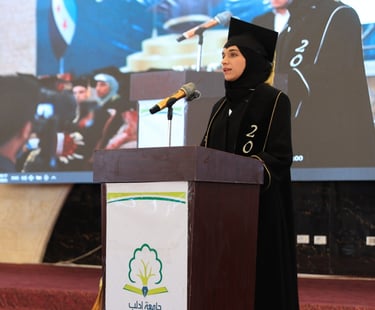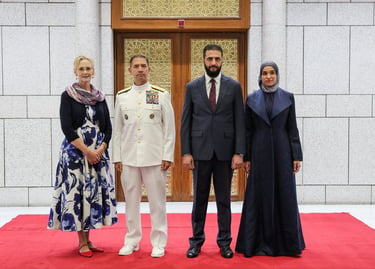Ahmed al-Sharaa : The Evolution of a Syrian War Leader
From early military engagement to his vision for Syria's future, between radicalism and diplomacy
STRIFE
1/4/20257 min read
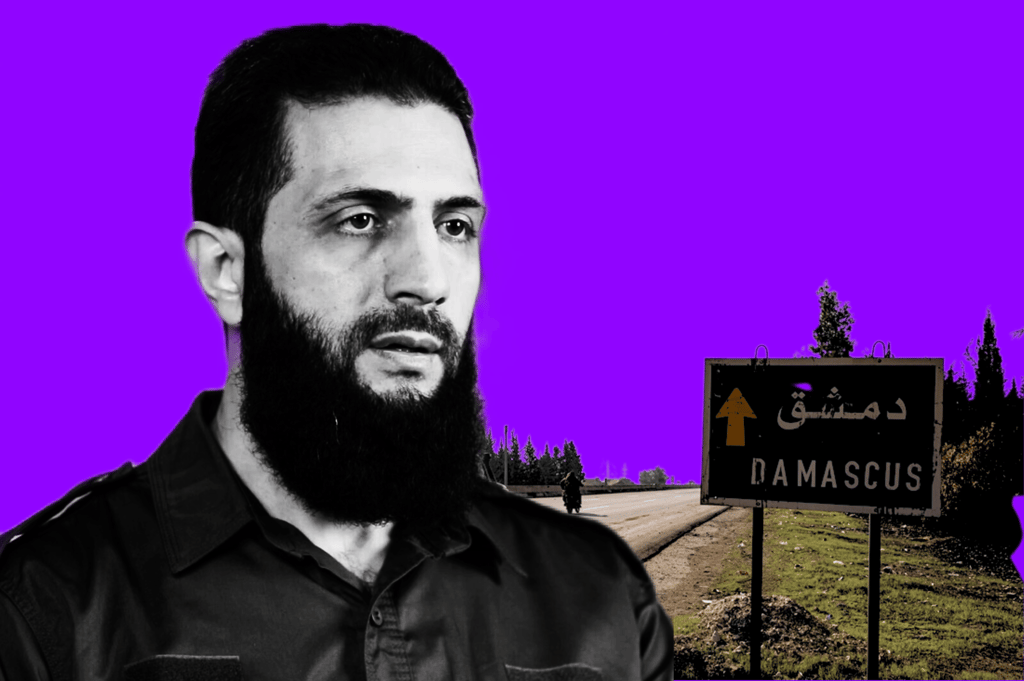

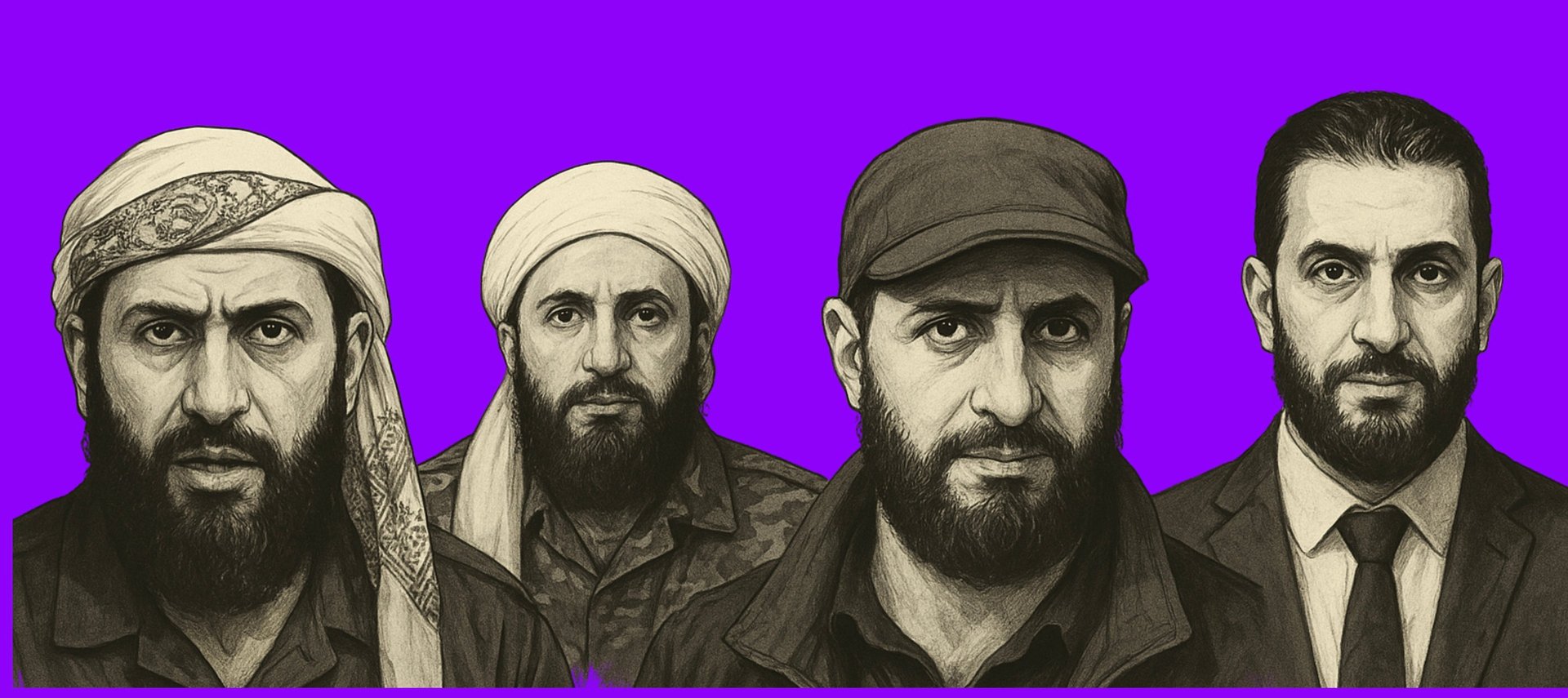
His Background
Ahmed al-Sharaa is better known by his nom de guerre, Abu Mohammed al-Jolani. This name comes from his native region, the Golan (or Jolan in Arabic). Following the Israeli invasion of the Golan Heights during the Six-Day War in 1967, his family left the town of Fiq for Saudi Arabia. Ahmed's father, Hussein Ali al-Sharaa, who held a degree in economics from the University of Baghdad, worked as a petroleum engineer in Riyadh. Ahmed was born there in 1982. At the age of 7, his family returned to live in Damascus, Syria.
His activism began in 2000, following the Second Intifada (meaning "uprising" in Arabic), during which the Palestinian population rose up against Israeli occupation policies. In 2003, when the U.S. military invaded Iraq, Ahmed al-Sharaa joined Jama'at al-Tawhid wal-Jihad, led by Abu Musab al-Zarqawi in Iraq, which became Al-Qaeda in Iraq in 2004. He was imprisoned in Camp Bucca, a massive American prison, in 2005. He was released in 2011 and returned to Syria, where he adopted the nom de guerre “Abu Mohammed al-Jolani.” He founded the militant group Jabhat al-Nusra.
Two years later, the emir of the Islamic State wanted to merge al-Nusra with the Islamic State in Iraq to create the Islamic State in Iraq and the Levant (ISIL or ISIS), but al-Jolani refused and instead pledged allegiance to Ayman al-Zawahiri (Al-Qaeda). This decision was partly motivated by al-Baghdadi’s intent to assassinate Syrian rebel leaders. The following year, the mediator between al-Nusra and Al-Qaeda was killed in a suicide attack by ISis, marking the start of open warfare between al-Nusra and the Islamic State (ISIS).
In 2016, he broke ties with Al-Qaeda and renamed his group Fatah al-Sham Front. He aimed to integrate with Syrian rebel factions and focus on the Syrian revolution, while also attempting to improve his group's image and shed the "terrorist group" label. On January 28, 2017, his group merged with five others to form Hayat Tahrir al-Sham (HTS). He took over leadership of HTS in October of the same year after Abu Jaber stepped down. Meanwhile, the U.S. State Department offered $10 million for any information leading to his capture. This bounty was lifted on December 20, 2024, following his meeting with an American delegation.
HTS overthrew the regime of Bashar al-Assad in just 12 days and took Damascus on December 8, 2024. Al-Jolani became Syria’s number one figure—but how have his intentions for Syria evolved, and what is his current ideology?
Last April, a set of Iraqi intelligence and judicial documents concerning Ahmad al-Sharaa was leaked by Sabereen News, a pro-Iranian Iraqi Telegram channel affiliated with the “Axis of Resistance” (Iran, Hezbollah, and Shiite militias).
The documents reveal that he was arrested by U.S. forces in Mosul on May 14, 2005, under the false identity of Amjad Muzaffar Hussein al-Nuaymi, and held at Camp Bucca until his handover to Iraqi authorities in April 2010. He was released on March 13, 2011, just two days before the outbreak of the Syrian revolution. These documents confirm what he stated in interviews ( that he remained in detention until 2011), but do not verify whether he returned directly to Syria after his release. On this point, sources diverge: some claim he briefly held a leadership role within the Islamic State in Iraq, particularly in Nineveh Province, while others suggest that Abu Bakr al-Baghdadi sent him to Syria to help establish a local branch of the organization, which would later become Jabhat al-Nusra.
To date, no declassified U.S. or Iraqi documents resolve this uncertainty: the leaks published by Sabereen News confirm only his detention until 2011, but do not provide a detailed account of his activities in the following months.
Abu Bakr al-Baghdadi, the former head of ISIS, was also detained at Camp Bucca in 2004. Like him, Sharaa is believed to have strengthened his networks in this prison environment, described by several analysts as a “jihadist incubator”.
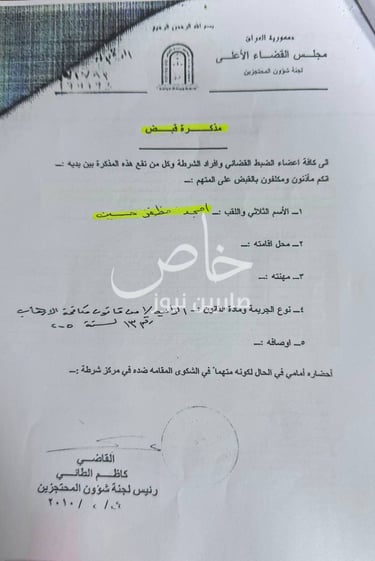

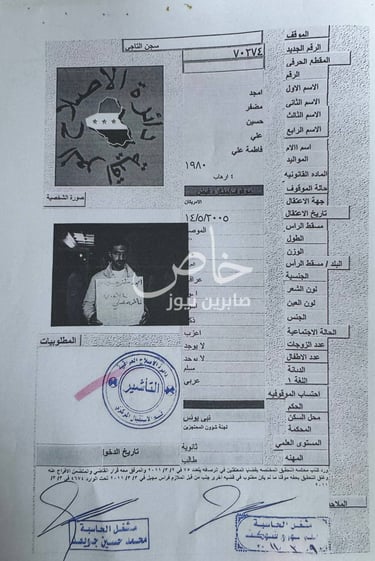

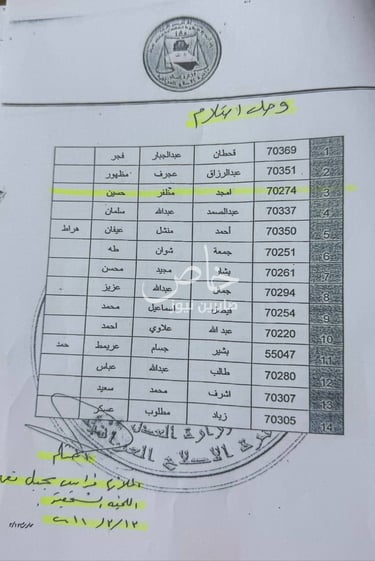

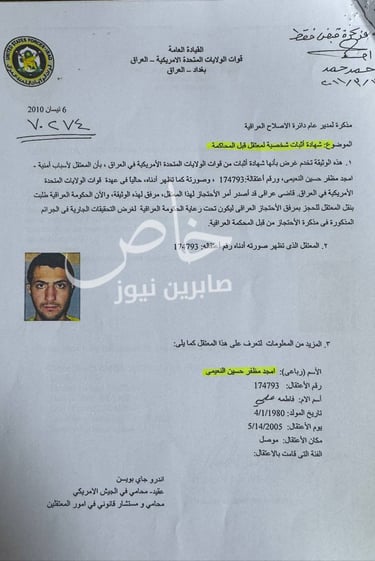

Relations between Israel and Jabhat al-Nusra
Since the onset of the Syrian war, Israel has adopted a policy of humanitarian support for rebel groups operating near the Golan border. Reports have documented instances where fighters from Jabhat al-Nusra were treated in Israeli hospitals located on the Golan Heights. For instance, in 2015, videos showed Israeli soldiers treating wounded Syrians, including members of Jabhat al-Nusra. Israel justified this assistance as a measure to maintain stability in the region and protect the Druze populations living near the border. However, these actions have sparked controversy and criticism, particularly from the Israeli Druze community, which has expressed discontent over cooperation with groups linked to Al-Qaeda.
His Intentions
In a 2013 interview with Al Jazeera, Ahmed al-Sharaa stated that Syria should be governed according to their interpretation of Sharia law, excluding minorities such as Christians, Druze, or Alawites. However, in a more recent interview with the BBC, he expressed a more diplomatic stance, asserting that ethnic minorities would be protected and have a place in Syrian society.
When asked about the Taliban regime, he explained that it represents a completely different society, with distinct cultures and ways of thinking, and that Afghans are a tribal society where tribes play a key role in power. Regarding women's education, he noted that in the areas his group has controlled in Idlib province for several years, women make up over 60% of the students. On the issue of alcohol, he stated that a legislative committee would be responsible for establishing a constitution and making decisions. Concerning the veil, he emphasized that Syria faces more pressing problems, such as rebuilding infrastructure, hospitals, businesses, and facilitating the return of exiles.
He also said that developing a constitution and organizing potential elections could take up to four years and invited all armed factions to lay down their weapons and dissolve their brigades, including his own, Hayat Tahrir al-Sham (HTS).
Since becoming the Syrian leader, Ahmed al-Sharaa—who no longer wishes to be referred to by his kunya—has drawn significant attention. Some view him as a Mossad agent who fought Hezbollah and Iran while overthrowing a regime hostile to Israel. Others see him as a puppet of Erdogan, potentially capable of addressing the Kurdish issue. Is he a jihadist leader disguised as a politician, or an ambitious revolutionary who has renounced his past allegiances? Most importantly, is he sincere in his statements about a more democratic Syria? Only the coming months and years will tell, making it crucial to closely monitor developments in the country.
Idlib Syria by Osama Naser
MS. Al Sharaa
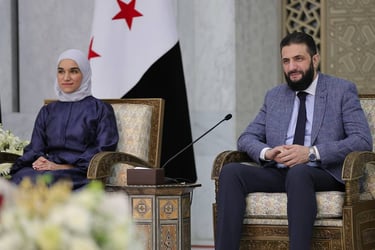

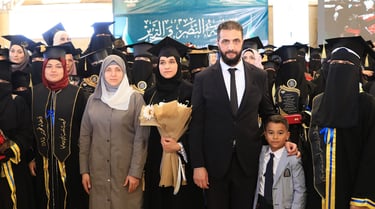

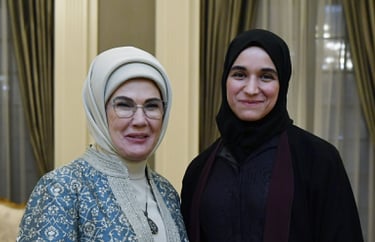

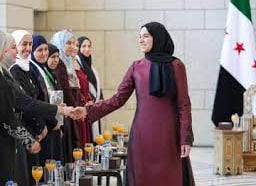

Latifa al-Droubi was born in 1984 in Al-Qaryatayn, Homs province, and is the wife of Ahmad al-Sharaa, interim President of Syria since January 2025. The couple has three children.
Since her first informal public introduction in January 2025 to a delegation of Syrian-American women in Damascus—where her husband clarified that she was his only wife—Latifa al-Droubi has gradually taken on a more visible public role.
In early February 2025, she made her first major public appearance during an Umrah ceremony in Mecca with her husband. On February 5, she accompanied al-Sharaa on his first official state visit to Turkey, where she was received by Turkish First Lady Emine Erdoğan at the Presidential Palace in Ankara.
On April 11, 2025, she attended the 4th Antalya Diplomacy Forum in Turkey, meeting again with Emine Erdoğan and participating in initiatives such as the signing of a declaration for the “Zero Waste” project, promoting environmental and social causes.
The most recent event took place on September 7, 2025, at the Faculty of Arts and Humanities of the University of Idlib during the “Victory and Liberation” graduation ceremony. Latifa al-Droubi delivered a speech in which she said: “Today, I stand before you not as the First Lady, but as a Syrian student who carried a dream in her heart and pursued it despite the challenges” . During this ceremony, her husband presented her with her master’s degree in Arabic language and literature, and it marked the first public appearance of one of their children.
